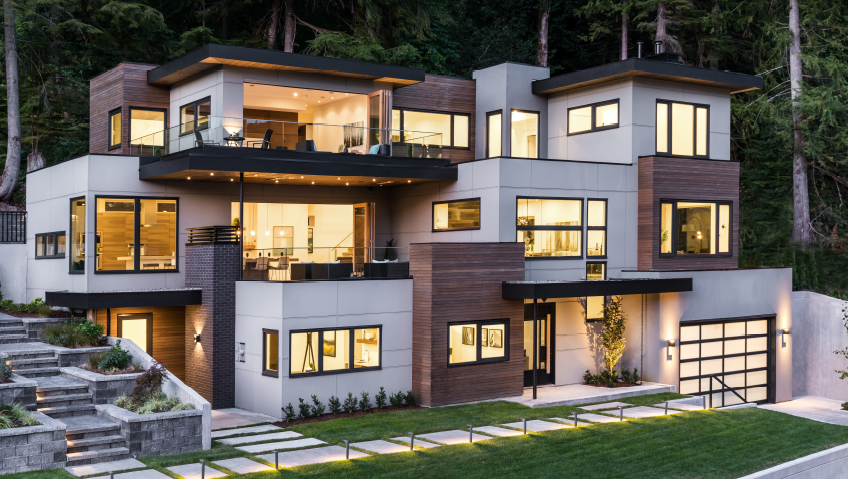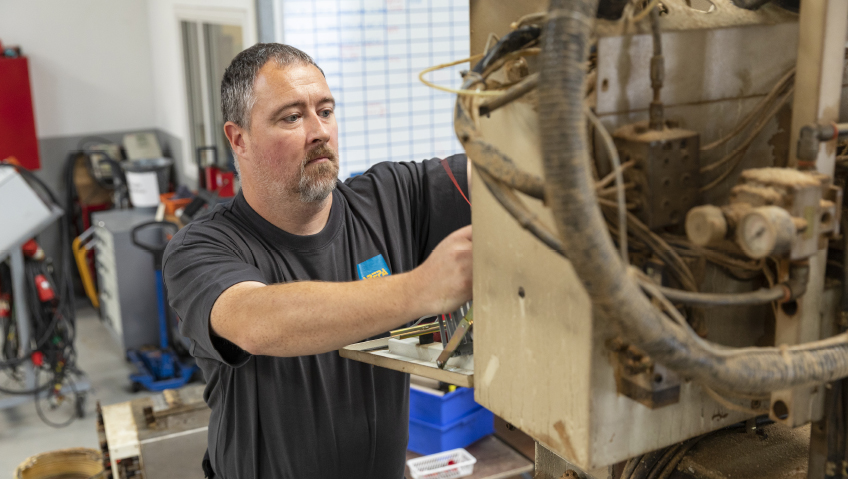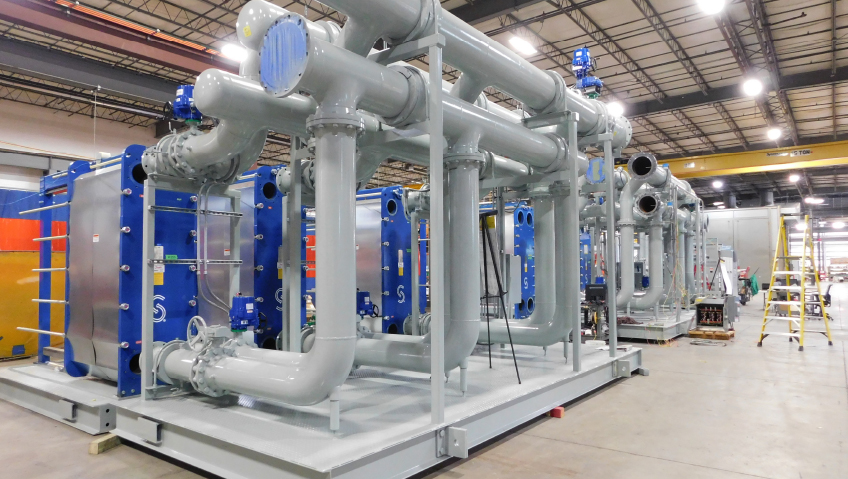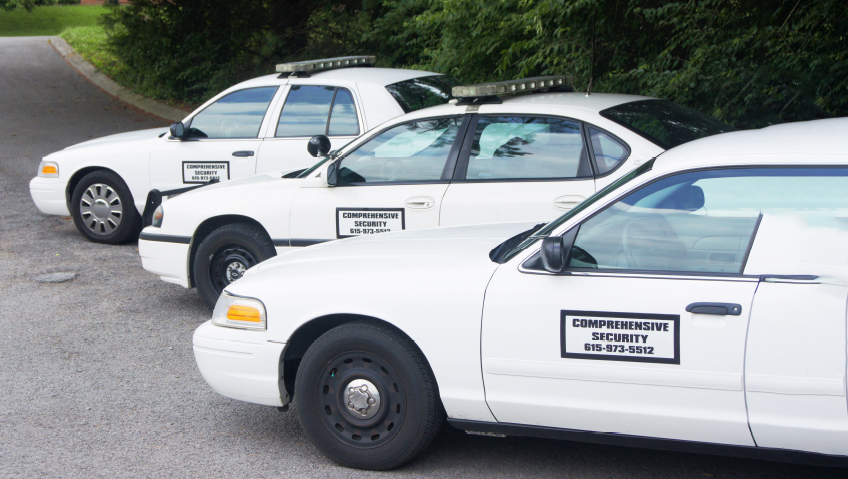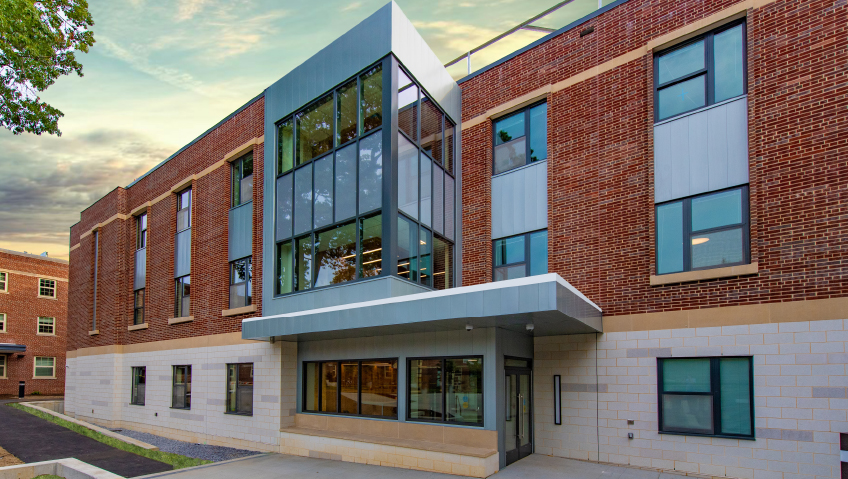Founded in 2014, custom home builder Canvas Homes serves the Greater Vancouver region as one part of a group of three sister companies in the construction business, all owned and led by Executive President Avi Dhaliwal.
Focusing on framing and forming, the first of the sister companies, Sea to Sky Construction, was formed in 1999 by Avi’s father. As a teenager, Avi took interest in the business and was often found onsite with his father. He went to McGill University for structural engineering in 2009, and after graduation, he worked at a local engineering firm for roughly two years before deciding to jump back into construction with his dad. With a clear passion for construction, the two officially launched Canvas Homes in 2014 to specialize in constructing single family, luxury custom homes.
“The first few years of Canvas Homes were just building spec homes, flipping them, and selling them, and then, as the company grew and matured a bit, Avi’s focus really went to that high-end custom home market,” says Pardeep Chandi, Project Manager at Canvas Homes.
Soon thereafter, Canvas Homes grew quickly and attracted larger projects. The only problem was that putting together a product for someone else forced the company to use someone else’s design and vision, and this led to another big business move. In 2017, Avi decided to use his structural engineering background and learn more about architectural engineering to launch another company called Avi Dhaliwal Designs.
The newest branch of the company focuses on architectural design, planning, and engineering to fill out its portfolio and provide a full comprehensive product. “Basically, Canvas Homes then becomes a design/build firm. We design our own projects through one of our sister companies—Avi Dhaliwal Designs—then Canvas Homes steps in and builds, and then we actually hire Sea to Sky Construction to do the framing and forming of every house that we build as well,” explains Chandi.
The current challenges for Canvas Homes are not unlike those of the rest of the construction industry. Supply chain issues and their ripple effects have resulted in extended lead times for material such as metal and glass. “Things we were expecting from two to three weeks are now eight to ten weeks, so that’s a big challenge, and you really have to start planning ahead now. I think going forward for the next four to five years, you’re going to have to start ordering materials way before you normally would,” says Chandi. The construction industry shows no sign of slowing down, and with longer lead times combined with a labour shortage, companies will surely have to plan ahead in order to survive.
Another big issue is the labour market. The labour shortage sees no sign of improvement, and Chandi believes that part of the problem is the rapidly growing food delivery market. For many years, a large number of construction workers have been immigrants looking for employment in a new country. These days, another option for newcomers to Canada is delivery for Uber Eats or SkipTheDishes, and food delivery from the comfort of a vehicle may be more appealing than manual labour.
One unique challenge for Canvas Homes is all of the bureaucracy surrounding foreshore construction work. “We’re doing a project right now on Marine Drive. It is a beachfront property in West Vancouver, and the project is super challenging because the property touches the beach and then essentially the water, and any work that touches the beach is called the foreshore,” says Chandi. The reason this type of project is so complex is that in West Vancouver, the beach is leased from the provincial government, and all construction work has to be approved by both the District of West Vancouver municipal government, and the provincial government of British Columbia.
The water and its marine life make this a delicate area, so the project requires consultation with a wide range of parties. A seawall is constructed, and this requires the support of structural and environmental engineers. Foreshore work calls for extensive planning, and the design must show that the project is built to last one hundred years. Canvas Homes’ project on Marine Drive in West Vancouver was in the planning stages for a considerable time. The project started two and a half years ago, and the foundation was only recently put in because the seawall took two years to build.
Another interesting project for Canvas Homes is just wrapping up, and this is The Murray in Lower Gibsons. The three-storey, multifamily, residential, low-rise building features seventeen luxurious units and is one of the company’s first multifamily projects. Only a forty-minute ferry ride from the mainland in West Vancouver, this popular, up-and-coming area is currently experiencing a construction boom.
“Going from a single-family custom home builder to a multi-family home builder, it is a very fun project because we’re now tapping into a new market. Multi-family is really challenging in its own aspects because you’re essentially trying to create seventeen homes within one building, and there are a lot of restrictions and codes around fire protection and safety that you do not need to tackle with single family,” says Chandi. As The Murray project finishes and looks to fill occupancy any day now, Canvas Homes is moving on to its next project in West Kelowna. It is building five, lavish, single-family, custom homes in the three to three-and-a half-million-dollar range.
The well-appointed homes built by Canvas Homes stand out because of the special consideration to details. The company strives to optimize the design with small but significant details such as ensuring that the pot lights are perfectly centered on the ceiling and that all of the electric sockets in the house are at the same height and in the same location of each room.
“We are heavily design-focused. We have two interior designers that work within our office and then Avi has an eye for detail, and those sorts of things really stand out,” says Chandi. Canvas Homes understands the real value of overall conformity and flow within a house; its work is not about simply putting houses together for the purpose of a sale.
“With a custom-build compared to a spec home, you’re really paying a lot of attention to the planning of the house in the initial stages, and then, after planning, you are focusing a lot of your attention on the products that you use, so using higher-end faucets, tiles, flooring, and finding the best paint. I think that what sets apart the luxury custom home compared to the spec home or the generic home.”
Demonstrating this eye for detail, Canvas Homes won a Georgie Award for best custom home valued between $1,300,000 and $1,899,000 in 2018 for its uniquely contemporary design of the Cube House in Britannia Beach in Squamish. The entire project was designed by Avi, and the exposure from winning the award really put Canvas Homes on the map in the luxury custom home market.
As the company continues to attract more complex projects, it will bring on additional employees to keep up with its growth. Currently, Canvas Homes has revenue of $15 million in construction per year and within the next three-to-five years it hopes to have grown to the $80 million to $100 million mark.
Avi and the team are excited to see the company grow and attract bigger projects. The plan is to continue expanding into multifamily projects and bringing that custom luxury home appeal to the multifamily side as well. Many multifamily homes are merely cookie-cutter projects with builder-grade products, but Canvas Homes believes that a home should not have to be a single-family dwelling to be a forever home worthy of amenities and attention to detail.
“With the little details like in-floor heating in the washrooms, the LED lights when you open up your cupboards or closet doors, things like that really set our luxurious homes apart from the builder-grade multifamily projects,” says Chandi.

